|
from Holiday time to New Year Hi good folks, I’m currently doing less work than usual (yes, part of my own reset) so I offer you two things I created in December of 2016! These will serve you well through the rest of the Holidays and into a conscious New Year. 6 tips for CONSCIOUS EATING
The full post with conscious-eating points has only a bit more than the above. Find it here. 11 ways to HIT THE RESET BUTTON during the Holidays Invitation not to let bad sensations accrue, not to allow untended thoughts to take you down the rabbit hole! Prioritize feeling good: this will connect you to your guidance system and let in the inspiration of the moment to keep moving toward love. 1. Take a breath. Take several conscious breaths. Watch the breath go in and out. Get absorbed by the breath. 2. Go outside and breathe there. Look into the sky. Experience what's out there with all the senses you can engage. 3. Exercise. Stretch. Run up & down the stairs. Go around the block. Do anything to move your body and focus your attention off the mind and onto your marvelous capacity to feel, move, inhabit a human body. Find someone on YouTube to guide you through some qigong or yoga or whatever. (Here's my favorite simple qigong sequence with Mimi Kuo-Deemer.) 4. Stay away from work, even mentally. Leave it alone and see what seeds sprout later. You've already given it great attention. Celebrate that. Let it go. 5. Feasting for the holidays? Chew more, taste more, give yourself full permission to eat whatever you choose to eat. Take long breaks between times of food intake—not to be righteous, but to enjoy the contrast and to be hungry again when you eat more. (Hydrate between meals!) 6. Do the unexpected, have an adventure, go somewhere you've never been, do something appealing that scares you or goes against how you see yourself. 7. Meditate, even for 5 minutes. You could even exit (physically or mentally) during a conversation you don't want to take part in and just watch your breath go all the way in, watch it go all the way out. Until you decide you’re done, keep coming back to the breath when you stray from that focus. 8. Call someone you almost never talk to, or haven't talked to in a while, or even the one you've believed is too far from the last contact to justify any lasting connection: you connect if you're drawn to. (Follow the inspired impulse, not the thoughts about it.) 9. Feeling challenged? Tell yourself or another or write down all the reasons why this hard thing you're going through is perfect, the best training ground for what you know you need to develop in yourself. This is a moment to keep applying your own belief system and to take further whatever you've been experimenting with to live more consciously and be healthier and truer to yourself. 10. Unplug for a day (or days) from any computer activity, phone apps, social media. Include news in the exclusion. Walk away from political conversations if that feels better. 11. Sleep. Nap (30 minutes or less to stay out of deep sleep, 90 minutes for a whole sleep cycle). For naps and nighttime rest, be sure you go to sleep with a consciousness of RESET, of all things new/all things possible when you wake up. (The writeup of 11 resets above comprises the whole post, and here’s the link to see it on my website if you like.) Love & blessings, Jaya
0 Comments
Okay, I know the thing these days is succinct posts with practical bullet points and sound bites. That’s not what I’m doing here. I’m going with
My object here is to invite you to use the holidays for your becoming, not for a habitual replay of old stories and bygone identities. Use this time of festivity, connection, and sacred renewal to honor your healing and evolution. A Story of My Hapless Mother and Holiday Misery In my growing-up story, the woman who played the mother character was both beautiful and flimsy. She had no concept of her own beauty, no solid grasp on her own goodness and inherent worthiness. (Both of these had always been constantly, in clipped comments and spiteful tones, thrown into question by her own mother.) Once, when we lived in France (I was maybe seven), I remember creeping into the living room during a gathering that featured grown-ups speaking French and English with more accents than I could track. My eyes flashing across the room, I captured a live snapshot of my Arkansas mom taking a drag off a cigarette. My mom didn’t smoke! But hey—in 1960-something, just anyone can reach for that prop in a smoky social scene and get away with it. I was struck in that unforgettable moment by her beauty. She could’ve been a movie star, from where I stood in semi-hiding. There were other such moments of brief, dazzling light shone on the subject of my mother, but they never stuck. She would always go back to her fretting self, probably jerked into that known place by the mother an ocean away whom she kept close in her mind, whose worn voice played in shrill loops over anything new my mom might try to tell herself. No certain opinion, no clear creation (she sometimes stripped old furniture and infused it with new life), no authentic laughter startled out of her in an unguarded moment ever ushered in the woman she wanted to be. Nope, she reverted every time to the frazzled mom who could cry for days or scream for hours, because it was all too much for her. Dad’s work called him away, a lot, to spend two and three weeks at a time in Spain, Portugal, Italy—wherever; wherever the women were sexier and stronger than she was. She was stuck in a small Normandy village, alone and adrift among the Frogs, inept in every way, challenged even to ask the grocer a question. She didn’t trust her capacity to hold her husband’s attention, to be a good mother, to put any kind of beauty into the world, despite the fact that she could and often would do all three—or dabble at least, till her insecurities ridiculed her in my grandmom’s voice into getting small again. (If she were really so small, she wouldn’t have felt so trapped and miserable there, but she didn’t have that interpretation at her disposal. She didn’t have tools for moving from her habitual thoughts to something kinder and truer.) Holidays during the years in France actually still glitter in my memory. I believe these were actually fun events, with warmer-than-normal family feelings infusing the festive scenes, and a smattering of gifts wrapped in gold and doused in magic. But then, just before I turned ten, we moved back to the U.S., and that put us in driving distance of my mom’s childhood home, or what she still simply called home (not yet having been able, with all the corporate moves, to truly make her own). This launched years of dreaded and dreadful holiday events. There was no choice, or any concept of possible choice, in the matter of what we were doing for the holidays. That decision was made by cultural expectations upheld with a vengeance by upright human beings: we were going to be with family. This would include predictable church scenes, predictable meal-preparation and meal scenes, predictable gift-opening scenes. Some of these things were just fine on the whole, or seemed to be, but for my mother, it all represented nonstop encounters with her demons. I learned to discern, over the years, the constant subtext in things said by her mother and sister and the increasingly obvious preference given by the one to the other. My mother always paled in comparison to her more glamorous, more confident sister. Once returned to our nuclear-family reality, we then cycled through the predictable scenes of my mother processing the self-esteem trauma reactivated by holiday events. First, she was just pissy, peevish, prone to small explosions. As the pressure built, she started giving my father hell for all he didn’t do for her—and not that she was wrong, especially with Uncle Pill and Aunt Glam so freshly in view. As with the glaring contrast in the love my grandmom doled out between her two daughters, no one could miss how the diamonds and finery Aunt Glam uncovered from her husband's gift boxes put to shame the not-much and not-memorable stuff my mother pulled from hers. From there, she moved to giving her kids hell for all that we thought of her (we thought she was our servant; we thought she should do everything for us that we would never have even an ounce of gratitude for; we thought that she had no right to any happiness of her own—actually, all wrong, and all very confusing to the kids involved, stated as trembling facts, punctuated with slaps). There were predictable scenes of her going silent, crying over slow, morose ironing or tense chopping of onions and slapping together of casseroles. There were the quiet moments she got lost in a book—an activity that allowed her to pretty much disappear and maybe feel only half-bad about it. (I liked the books best, feeling maybe only half-anxious about them.) In the culture my mother grew up in, stepping from ill-favored daughter to hastily taken wife with no transitional time to know herself and choose her path, she certainly had no choice over how to spend the holidays. She had no concept of her guidance system that let her know which way to head through inner tugs, through sensations of contraction versus expansion, through emotions to pay attention to for the information they bring. She knew only rules in a punitive Universe, embodied by a paternal white-bearded God figure that she was not allowed to question, and wouldn’t dare re-envision. I’m so fortunate for where I am in time. I’ve noticed a million times over, throughout my adult life, that I’ve got a wealth of resources my mom didn’t have. I even smoked freely for a brief time and inhabited my own beauty guiltlessly, if not with total comfort. I rejected the religion of my childhood categorically and took years of trial-and-error experimentation to rebuild a belief system that honored the spiritual truth of my being—something I was entirely and effortlessly in touch with as a child. (It helped that the France years meant virtually no religious constraints, as there was no Baptist church in spitting or driving distance, and my parents trusted no other religion.) My Invitallenge to You. If your holidays are miserable and your holiday choices are based in obligation or some lie you tell yourself about having no choice, I want to sweetly ask: what are you doing? This is not 1960-something. Please gauge the evolution. Like me, you have healed and evolved beyond your parents. Would you like to keep evolving? Are you willing to use anything and everything to keep coming closer to your guidance system, holidays included? Will you practice presence anywhere and any time of year, especially since presence is simply about tuning in to what’s here right now, and the here-and-now still exists during the holidays? Reminder that presence allows you to access choice, because your connection to the felt, sensory experience of this moment, as it actually is, allows you to bypass autopilot tendencies; question antiquated assumptions and stories; and reach right now for a choice that actually makes sense (to you). Actionable Bullet Points.
I just talked to a brilliant and beautiful friend who's staying away from family of origin this year during the holidays. It took her years to get to this level of self-permission. I invite you to it. What I invite you to, more specifically, is just the level of permission and boundaries you need. And if you choose to engage with anyone at all who brings up stress for you or in any way makes you question your goodness or well-being, please get lots of supports in place. (Here's a solid holiday support I offer, an audio program with written supplements, priced at $22 for 2019 Holidays.) Why not use this time of festivity, connection, and sacred renewal to honor your healing and evolution? Love & blessings, Jaya Seriously: Check out my Holiday program, Before They Drive You Crazy, TAKE THE WHEEL. It's chock-full of spiritual-meets-practical supports. And here's my free pdf that offers a formula and script for holding your boundaries during hard conversations with difficult people. Get the free pdf lays out the premises for an experiment in conscious dating. 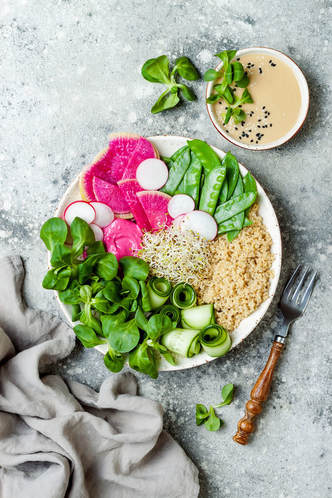 Gratitude has been all the rage for some time, but some of us can't stomach it. I was blown away the first time I heard Abraham-Hicks talk about why appreciation is more powerful (and more satisfying, more supportive of joy and well-being) than gratitude. Gratitude almost always hits me wrong. This, mind you, is in the context of living life as a project in presence, cultivating ongoing awe in the beauty that gets through the cracks no matter what, meeting every face as the face of god, looking for all that supports me at every turn and finding it. I'm not the grinch. Still, mentions of gratitude can set off that internal cringe. I hear too many people treat gratitude like a should that somehow, when reached for (especially when they feel terrible), will bring them up a few notches on some spiritual grading scale (that I'm pretty sure nobody, no deity, no entity of earth, heaven, or hell is tabulating). People are typically being hard on themselves when they rush to gratitude. They're not being still for what actually needs to be met that they're misinterpreting as a failure to be sufficiently grateful. It amounts to shaming themselves to push themselves into something supposedly more elevated. Thus, they take the focus off themselves when perhaps a different and more clear focus on self would provide the needed release or breakthrough or ability to see the glass half-full. Anyone who knows anything about my work knows I'm not a validating therapist willing to sit around listening for hours to people retell the story of how life or others have kept them down. But it's not about shoving down or shaming the stories! The beautiful breakthroughs happen in catching how you're framing things with no judgment (WITH ZERO JUDGMENT) so you can consider, dismantle, and reframe your own thinking and see something new, full of possibility. There's pain-body work to be done, too, to meet and soothe what feels bad without believing it shouldn't feel bad. This stuff is powerful, transformational. Gratitude in itself isn't evil, but it doesn't pair nicely with should. That's a great thing to watch for in your own thinking and speech: "I should be grateful." Really? When you're saying you should be grateful, consider it may be a royal distraction (never mind spiritual bypass). You might gain more from coming closer to whatever you're thinking and feeling that's throwing you off. My favorite current teacher, Abraham-Hicks, explains that appreciation is stronger than gratitude this way: There's often a flavor of unworthiness in gratitude. As in,
When you're in appreciation, you simply solidly feel good about what is. You're taking in what you love about this reality, this person, this meal, this state of affairs, these finances—whatever it is. You're feeling in to your own inner sense of appreciation, and it's authentic! Conversely, gratitude can feel more like an external concept to reach for, or even to force. So consider trading in gratitude for appreciation this Thanksgiving. Or say both, "I'm grateful for ..." and "I appreciate ..." Try both, in tandem or at different moments! See if, to you, there's a nuance or a world's worth of difference. Consider dropping the requisite gratitude list and instead keeping an ongoing tally of all you appreciate in your life, your partner, your family members, the place where you live, the job you've got, the skills and resources that support you, the body that serves you. Happy Thanksgiving and thank you for connecting to my world. I so appreciate your presence here. love & blessings, Jaya P.S. This post follows last year's Recipes for Easiest Holidays Ever. Many recipes are included, preceded by a pep talk on presence. Lots of sub-headings for easy navigation. (Practice during the holidays, REV IT UP DURING A PANDEMIC, carry on year-round!)
Could it be true that NOTHING IS INHERENTLY STRESSFUL? Whoa, what? The thing is, if something MUST be stressful, then stress is the only thing possible once you’re in that something. If the holidays are stressful, then, stress. If work this time of year is stressful, then, stress. If, however, that same something is not inherently stressful, then … what else is possible? It’s been almost 15 years since I encountered that idea through Byron Katie. This writing is not about Katie or her inquiry process, but hey, I love to give credit where credit is due. Um, and I used to be ridiculously quick to declare stress, overwhelm, exhaustion, and ultimately how very depressing it all was. I’m still stunned that I live with so much ease, that I have for more than a decade. It’s kind of amazing that I’ve made a motto of There’s no problem. Here’s what I did: I launched an experiment to test the idea that nothing is inherently stressful. I wasn’t convinced of this no-inherent-stress thing. I’m still not. (The experiment is ongoing.) My visual imagination can conjure up scenarios that would seem to me inherently stressful (how about a war zone, or my kid in ICU?). But it takes much less for most people to agree to obvious, automatic, absolutely warranted stress: moving, for starters, or divorcing. Or getting together with family of origin (or your partner’s!) over the holidays. I’ve stopped considering such things stressful. In fact, declaring stress seems to me a deplorable waste of my life force, which I’d rather use to be present to any situation I find myself in and get myself through it with as much grace (clarity, humor, kindness) as possible. So I invite you to your own experiment. And (at the distinct risk of repeating myself), if you’re going to bother experimenting at all, make it a grand experiment! Here are some things you might try in order to play with the possibility that nothing must be categorically stressful. Really (really) try them on. Keep coming back to them. Keep practicing. Leave no scenario or individual out of the reckoning. When you think, No really, this, STRESSFUL, ask yourself, What if nothing-inherently-stressful could work here too? It’s a great way to open to new lenses to look through. There’s nothing to lose and plenty to gain. If the experiment makes a fool of you, you’ll be a more open-minded, more present, less stressed-out fool. Not half-bad, right? Start with this basic premise:
So with a basic acceptance that life does what it does and people do what they do (oh, and you’ll have to keep coming around to accept that again and again, now and now and now), and that you’re in charge of you—not of other human beings and all of life--then you can get present to any situation (whatever its comfort level) and go about the business of creating the greatest possible ease in the context of reality. From there, go into and/or be in any tricky situation with a mindset of not-inherently-stressful. Remind yourself:
Go in expecting to keep bumping up against your old beliefs of STRESS!—as they’re likely to kick in as quickly as you feel discomfort. This will serve you much better than imagining that an open mind going in will translate to freedom from old stories. Oh, no no no. So if you don’t need it to mean that, now you get to simply keep your eyes open and show up for what’s actually happening. (That’s a whole chapter in my book, Scooch! You’re already doing much better in the ease department if you’re willing to show up for what’s actually happening, not what you wanted to have happen or thought should happen.) Stay in witness mode while you’re in the potentially (not inherently) stressful situation. I love to remind people to reach for the compassionate, dispassionate witness once you’re consciously witnessing. That is, witness with compassionate eyes that will look upon the scene (and you in it) with loving kindness; witness with dispassionate eyes that can hold a neutral gaze no matter what’s going on, that won’t get sucked into any story. The compassionate, dispassionate witness does not judge! And know that the witness is a part of you, sitting right next to the scared kid, the teen who wants them all to fuck off, the escape artist who’s eyeing the emptying wine bottle. It’s fine: witness all of it, judge none of it (which means, drop out of judgments as you notice them, and get okay with their lingering presence if they won’t just march on command). Let me point you to a couple of free resources. In November, I sent out recipes for going through the holidays with ease, and there are some great strategies there. (Use the headings to read what’s relevant to you. They’re all given near the top as well as throughout the text.) I’ve also created a 3-page pdf that lays out a clear formula with clear examples for staying firm (boundaried!) in difficult conversations. (It’s great to use with manipulative people or convincers.) I’ve also got an audio program with written and audio supports that’s chock-full of super-helpful, clear, applicable mindsets, tools, tactics, with stories and examples. I taped it this December with so-called holiday stress in mind, and I’ve gotten fantastic (and sweetly grateful) feedback from takers. Check out the (Before they drive you crazy) Take the Wheel Program, which puts you in charge of your well-being in any situation, no matter how others are behaving ($55). (This means you can’t be a victim of what they do or don’t do, or of any circumstances, or of some concept of inherent stress!) This program, by the way, will help you apply the concepts in this writing and take them further. Finally, to work in an ongoing way with this simple idea of nothing-inherently-stressful, you can learn to witness and monitor your feeling states and thoughts and use the information they give to point yourself consciously to self-care in the moment. You’ll also get swifter at course-correcting from upsetting thoughts to ones that feel more peaceful and empowering, and from your own powerless reactions that you disapprove of to quick shifts back on-track. Monitoring your feeling states as you go, you’ll also catch thoughts more quickly and stay out of what creates spiraling momentum you can’t get out of! All of this is laid out in my $33 Expansion program, along with lots on resistance and making your way with the greatest ease along a path of least resistance, one available step at a time. For the record, these offerings are part of a current intention to offer affordable programs full of hefty, deep, nuanced content (sprinkled with humor and, um, occasional profanity) for those looking for solid, low-cost support that doesn’t require a one-on-one coaching process. You can listen to them at home, in spurts, in your right timing. (I always welcome interactions with real people—I'm happy to get your questions by email. The expansion program includes a custom-made audio for you, which I create and send along once you send me the optional homework.) I’m excited about this new programming, and the feedback that keeps coming in tells me it’s on-point. I invite you to these great offerings to support you now (in the stress season) and anytime. Love and blessings, Jaya (most helpful mixed metaphor ever)
I'm about to do a whole audio program on difficult personalities, to serve you during the holidays and always. Here, in this post, I offer a crazy-helpful and super-simple way to determine your base-level response to anyone. I've been inviting people for years now to meet every face as the face of God. It's gotten me in trouble before when people think I mean, Say yes to anything anyone says to you! Open the door to anyone who knocks! Oh, no no no. Sometimes the face of God shows up for you to learn to say no or practice unapologetic door-shutting, even shutting it in someone's face. In other words, some faces of God invite you to hold a boundary. Recently, out of the blue, I happened on a crazy simple way to think of this concept and parse out what any particular face has got for you when it shows up here and now. Think of two available buckets that you can drop any face of God in. Bucket #1 is the face of God that makes you go, Oh, YES. Variations:
And bucket #2, of course, is the one that makes you go, NO. Variations:
There. This basic parsing system alone can make a world of difference. You're free when you can leave people alone to do what they do and simply mind what you do. When you're crystal-clear that you don't have to react to people words (just hear them and parse away, bucket #1 or bucket #2), then you just get to mind your peace, and leave off any painful engaging with (mental or spoken)
... and whatever else you do that disrupts your own state while they're just doing what they do. I repeat: Leave them to their ideas, opinions, criticism, advice. They get to have them. You get to have your peace. Love & blessings, Jaya |
Categories
All
|
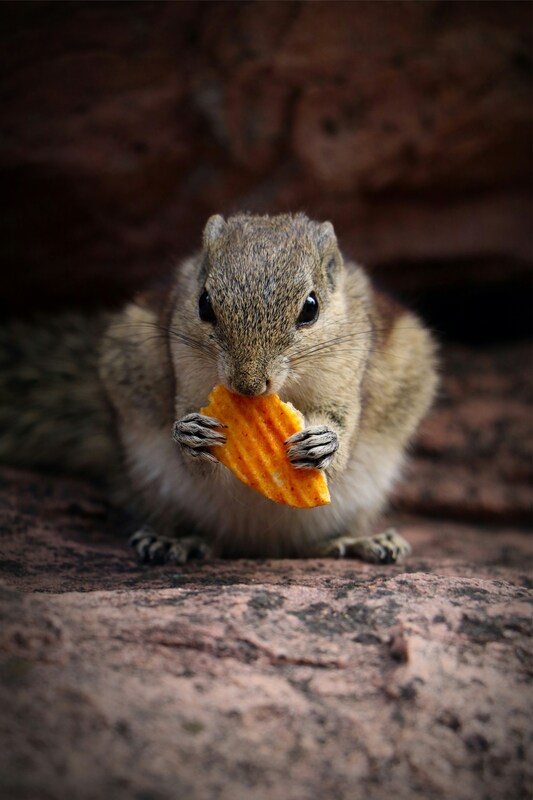




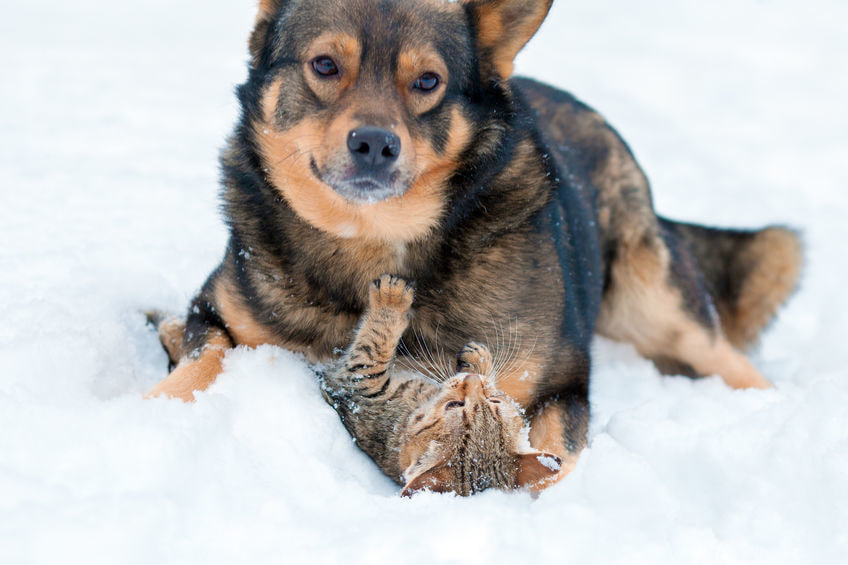
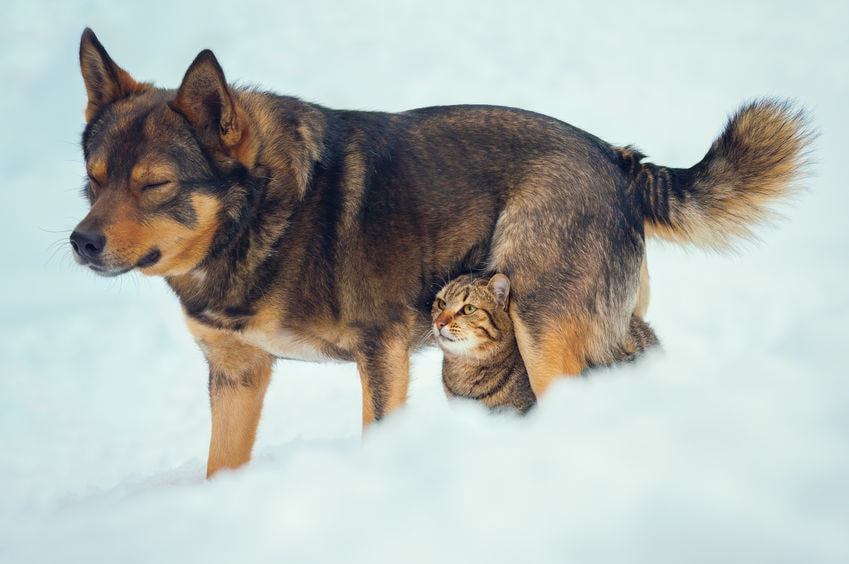
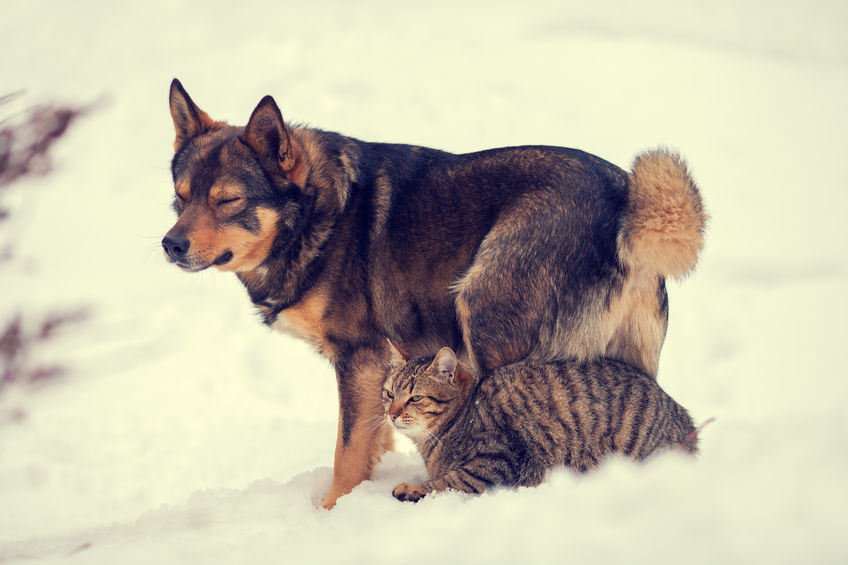
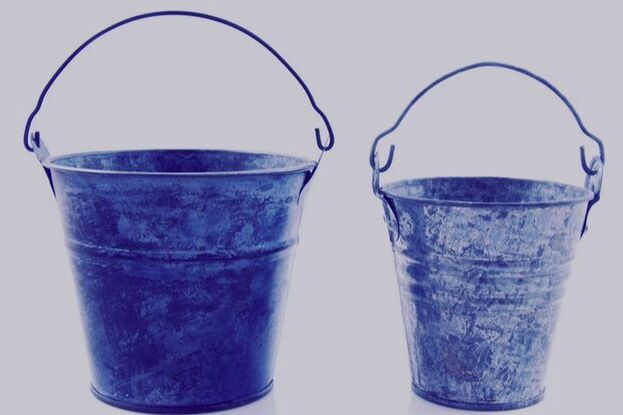
 RSS Feed
RSS Feed